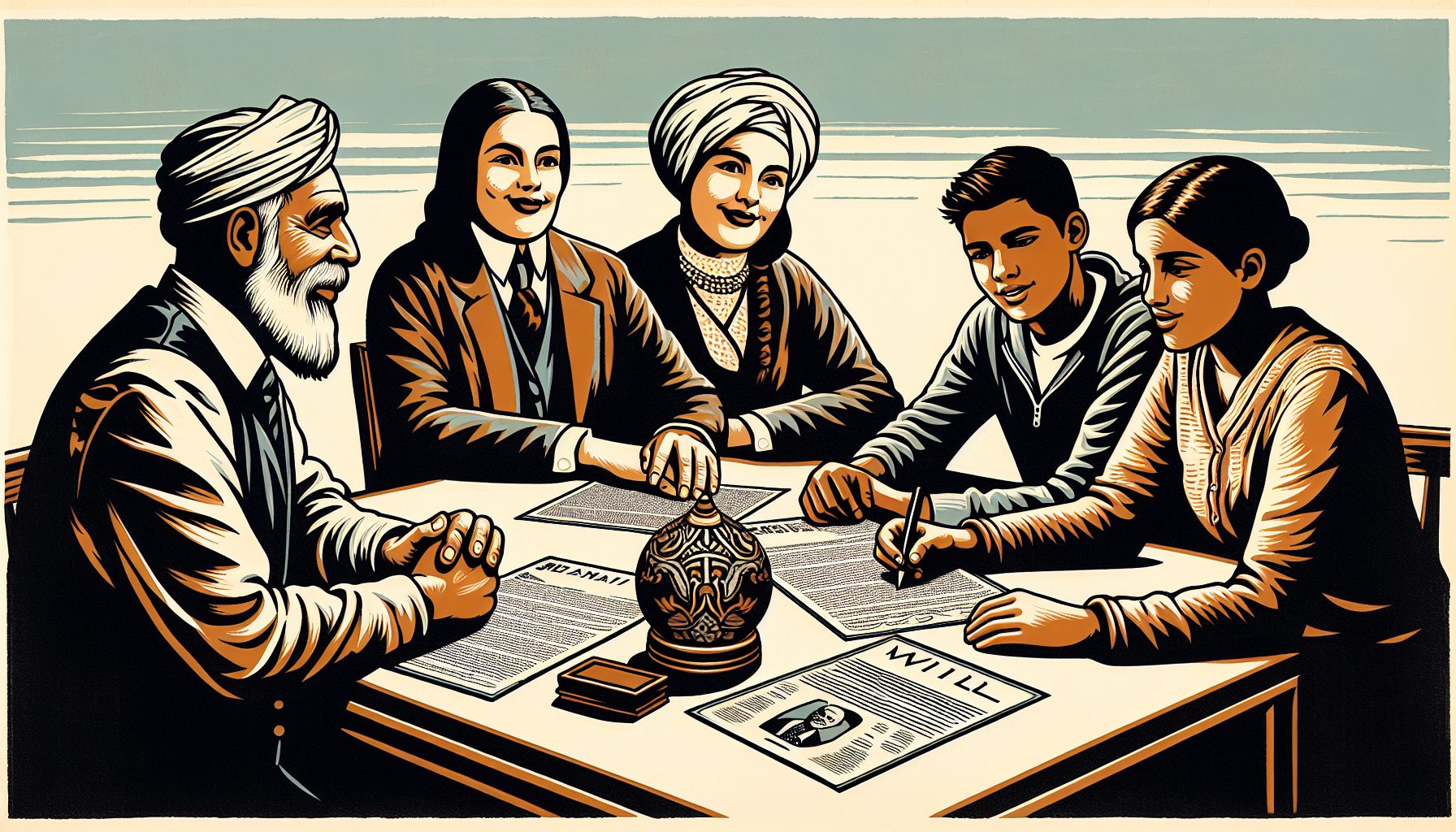WASHINGTON(Reuters) – China’s blocking of Web sites has embarrassed theInternational Olympic Committee, but a computer security expert said onThursday that visitors to Beijing also needed to protect their datafrom prying eyes.
"People who are going to China should take a clean computer, onewith no data at all," said Phil Dunkelberger, chief executive ofsecurity software firm PGP Corp.
Travelers carrying smart cell phones, blackberries or laptopcomputers could unwittingly be offering up sensitive personal orbusiness information to officials who monitor state-controlledtelecommunications carriers, Dunkelberger said.
He said that without data encryption, executives could have businessplans or designs pilfered, while journalists’ lists of contacts couldbe exposed, putting sources at risk.
Dunkelberger said that during unrest in Tibet in March, overseasTibetan activists found their computer systems under heavy pressurefrom Chinese security agencies trying to trace digital communications.
"What the Chinese tried to do was infiltrate their security to see who in China the Tibet movement was talking to," he said.
China’s security policies clashed with Olympic norms on Thursday,when IOC officials said they were embarrassed by last-minutedisclosures by the Chinese government that media covering the August8-24 Olympics would not have unfettered access to the Internet.
On Tuesday, U.S. Sen. Sam Brownback, a Kansas Republican, said Chinahad installed Internet-spying equipment in all the major hotel chainsserving the Olympics.
Citing hotel documents he received, Brownback said journalists, athletes’ families and others attending the Olympics next month "will be subjected to invasive intelligence-gathering" by China’s Public Security Bureau.
Dunkelberger, whose firm serves many multinational corporationsoperating in China, said, "A lot of places in the world, includingChina, don’t have the same view of personal space and privacy that wedo in the United States."
"You’ve got to suspect that every place you’re doing work is being monitored and being watched," he said.
His advice for travelers was to keep their electronic devices in thetheir possession at all times, and if they could not take a cleancomputer, be sure to encrypt the computer, files and even e-mails.
"Whether it’s a file or an e-mail, if you’re worried about it, you should probably encrypt it," Dunkelberger said.
(Editing by Peter Cooney)
? Thomson Reuters 2008 All rights reserved








